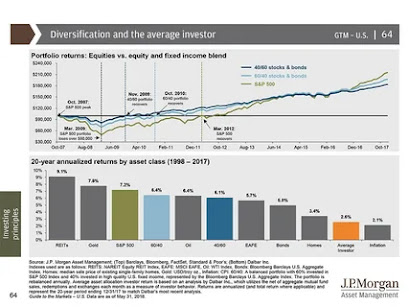Manufacturing refers to the process of converting raw materials or components into finished product using tools, machines, and labor learn manufacturing. It involves various stages of production, including design, assembly, quality control, and distribution and additive manufacturing can range from traditional handcraft production to large-scale industrial production in factories.
"Skilled workers operate advanced machinery in a high-tech
manufacturing facility, ensuring precision and quality in production."
Benefits of Manufacturing:
Economic Growth:
- Manufacturing contributes significantly to a country's economy by creating jobs, increasing exports, and generating revenue.
- It stimulate the growth of others sectors like transportation, construction, and services.
Employment Opportunities:
- Manufacturing industries provide job for a wide range of skills, from entry-level positions to highly specialized roles.
- It support both direct and indirect employment, creating a multiplier effect in the job market.
"Empowering Futures: Discover Exciting Employment Opportunities Today!"
Innovation and Technology Advancement:
- The need to improve efficiency and productivity in manufacturing drives innovation and technological development.
- It leads to the creation of new products, processes, and materials, anderson manufacturing, which can benefits other industries.
Higher Productivity:
- Mass production techniques in manufacturing help increase the output of goods, making products more affordable and accessible.
- Automated ad efficient processes lead to higher productivity levels.
Economic Diversification:
- Manufacturing helps diversify a country's economy by reducing dependence on any single sector.
- It provides stability during economic fluctuation by supporting multiple industries.
"Strengthening Economies: The Importance of Economic Diversification
for Growth!"
Infrastructure Development:
- The growth of manufacturing industries leads to the development of infrastructures like roads, power supply, and transportation systems.
- Improved infrastructure support overall economic and social development.
Wealth Creation and Higher Standards of Living:
- Manufacturing industries create wealth of workers, companies, and nations, leading to a higher standard of living.
- Affordable goods produced through manufacturing improve the quality of life for consumers.
Supply Chain Development:
- Manufacturing industries create and develop supply chains, including raw materials suppliers, logistics, and distribution networks.
- This network support not only manufacturing engineer but also other related sector.
"Optimizing Connections: The Future of Supply Chain Development
Starts Here!"
Local Economic Development:
- Manufacturing plants stimulate the local economy by generating demand for local businesses and suppliers.
- It support small businesses and service providers in the area.
Conclusion:
Manufacturing is a vital sectors that drives economic growth, creates job opportunities, fosters innovation, manufacturing consent, and improves living standards. Its benefits extend beyond the production of goods, manufacturing jobs impacting various aspects of society and contributing to overall development.

.jpeg)



